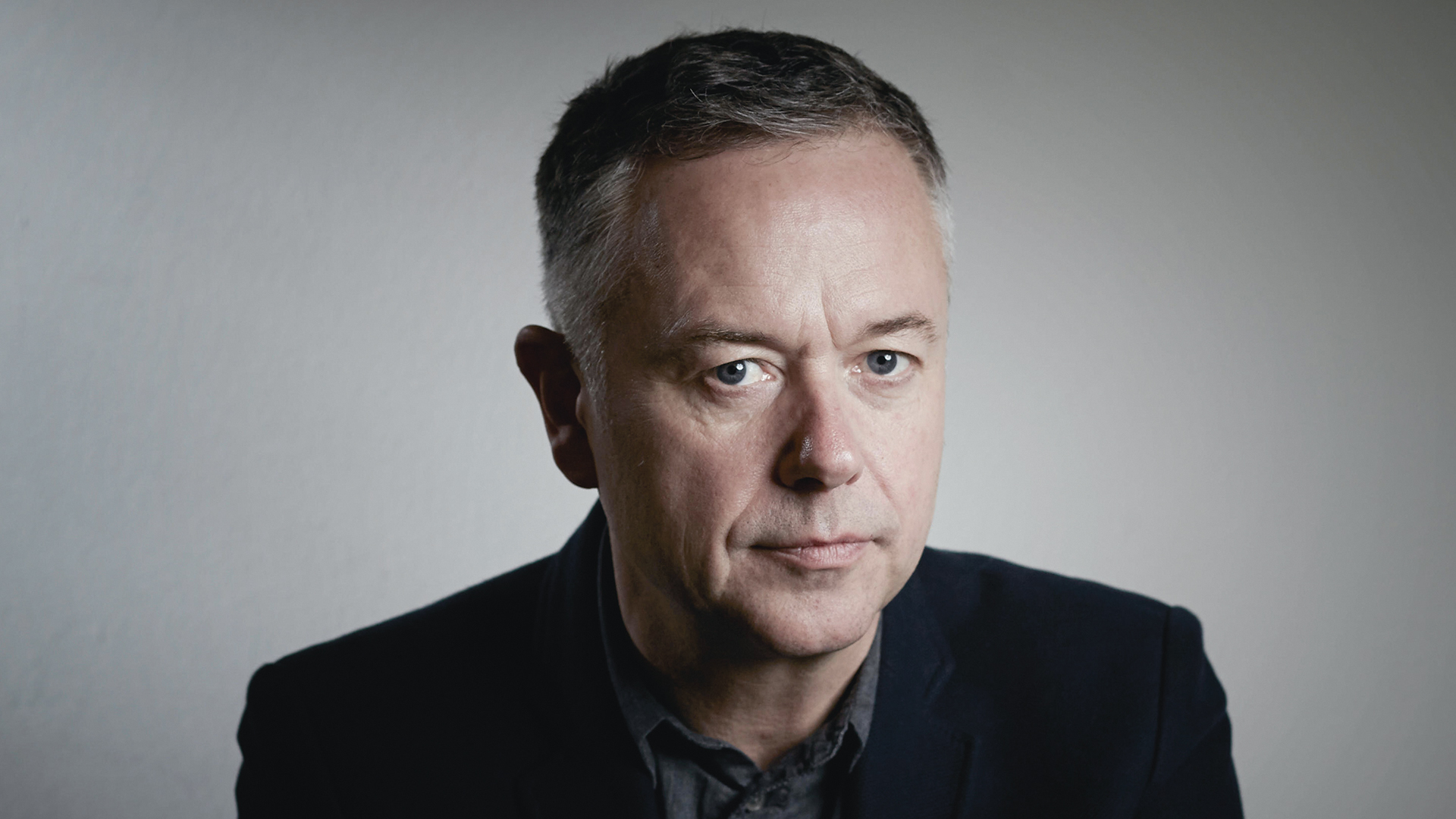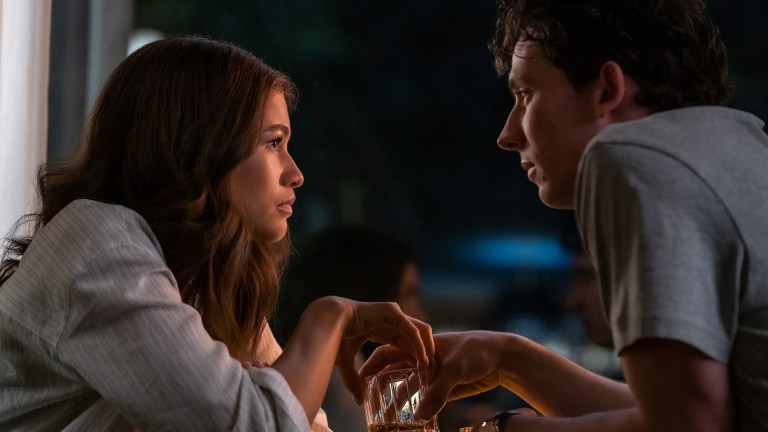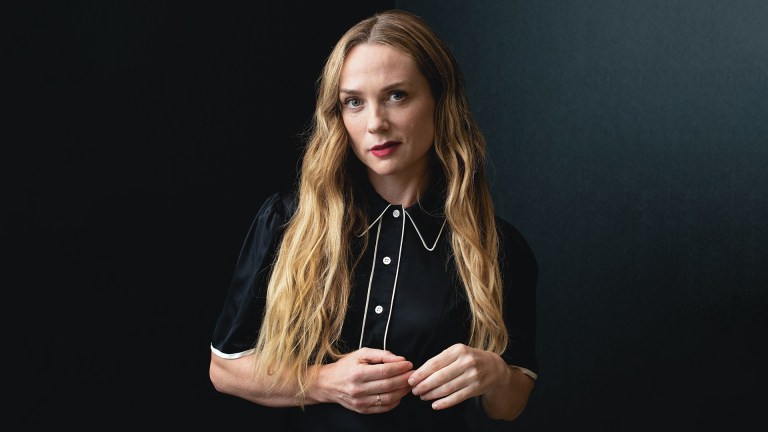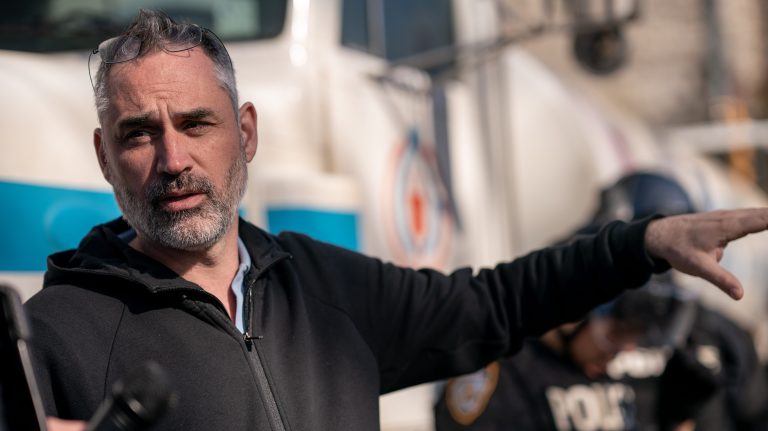On 7 October 2023, Hamas gunmen from the Gaza Strip killed 1,139 Israelis in a devastating surprise attack. About 240 others were seized as captives. It was the start of a deadly, ongoing conflict in which tens of thousands of Palestinians have been killed and millions displaced. As news of that attack filtered through, director Michael Winterbottom was in London. It was just hours before the premiere of his new film Shoshana, set among the violent birth of the nation of Israel. The film’s themes had just become appallingly relevant once more.
“It was a terrible coincidence,” says Winterbottom. “We had Israeli actors with us as the news was unfolding. In the context of what’s happening now, it’s even more important to see a story like the story of Shoshana and Tom.”
At its heart Shoshana is a love story. It’s based on the real-life relationship between Shoshana Borochov, daughter of Zionist activist Ber Borochov and member of the Jewish territorial defence force Haganah, and Thomas Wilkin, an assistant superintendent in the British colonial Palestine Police Force. The pair met in 1933 and were married for more than a decade. But their cross-community love couldn’t exist untouched by the time and place in which they lived, and so – through them – we’re transported back to the idealism, volatility and brutality of Tel Aviv in the 1930s and early ’40s.
“It just felt like it was a really important bit of British colonial history that I didn’t know much about. I felt that people in Britain generally didn’t know much about it,” says Michael Winterbottom. “That was the starting point, which makes it sound like some terrible boring, arcane, political, historical film. But actually, what struck me is it was an incredibly dynamic time, an exciting time.
“Tel Aviv, where the story is set, was a really young city. It was a very vibrant city. Almost everyone was a first-generation immigrant coming from northern Europe to the Mediterranean. People would argue about politics, argue about the future.”
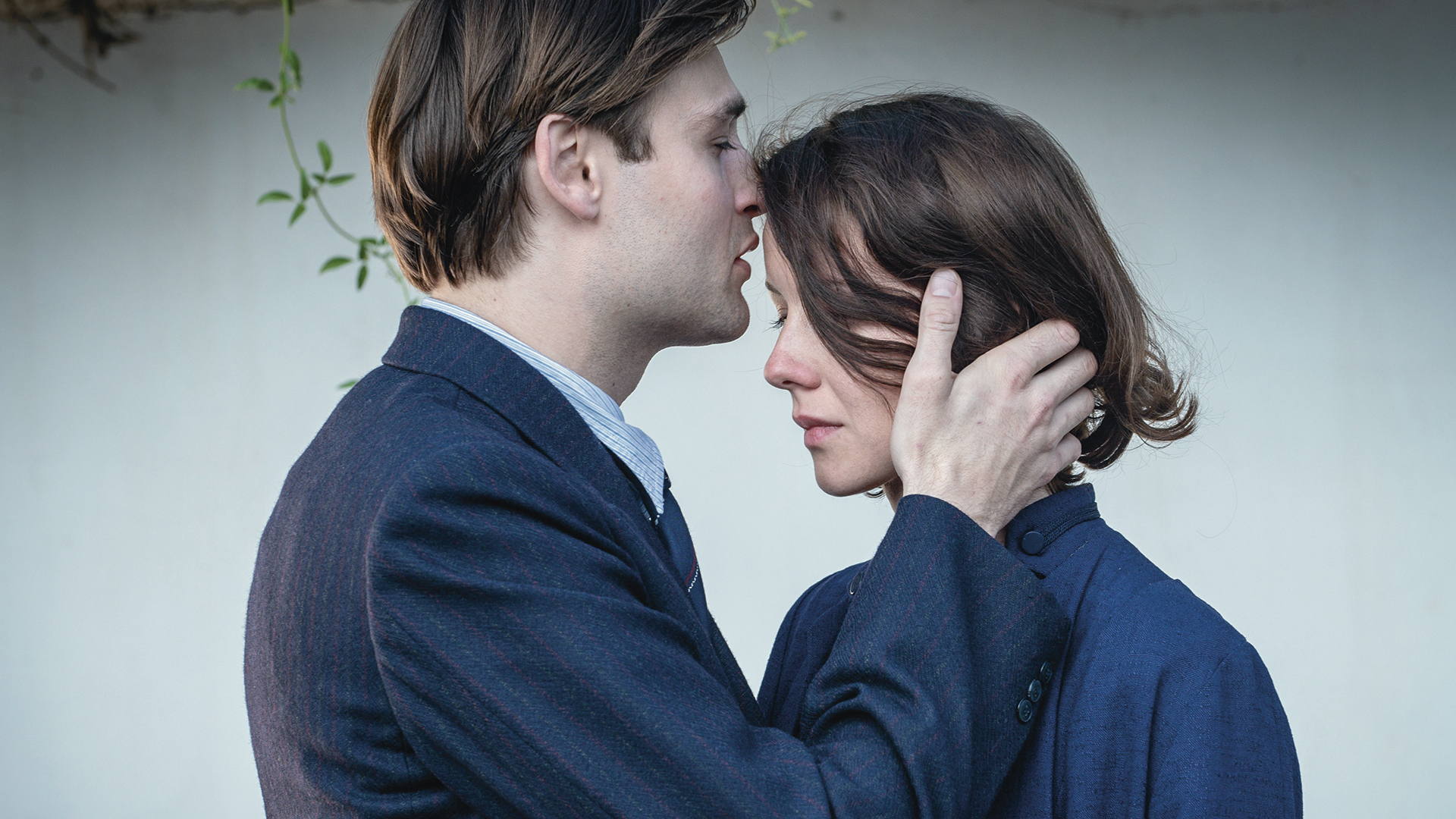
In Borochov and Wilkin, Winterbottom has found “almost a classic Romeo and Juliet love story”. Though they both want a future in which the Arab and Jewish populations live together peacefully, events are moving beyond their control. Shoshana shows violence rising on both sides, with the British forces employing ruthless tactics – including one particularly difficult-to-watch waterboarding scene – in an attempt to regain control.
